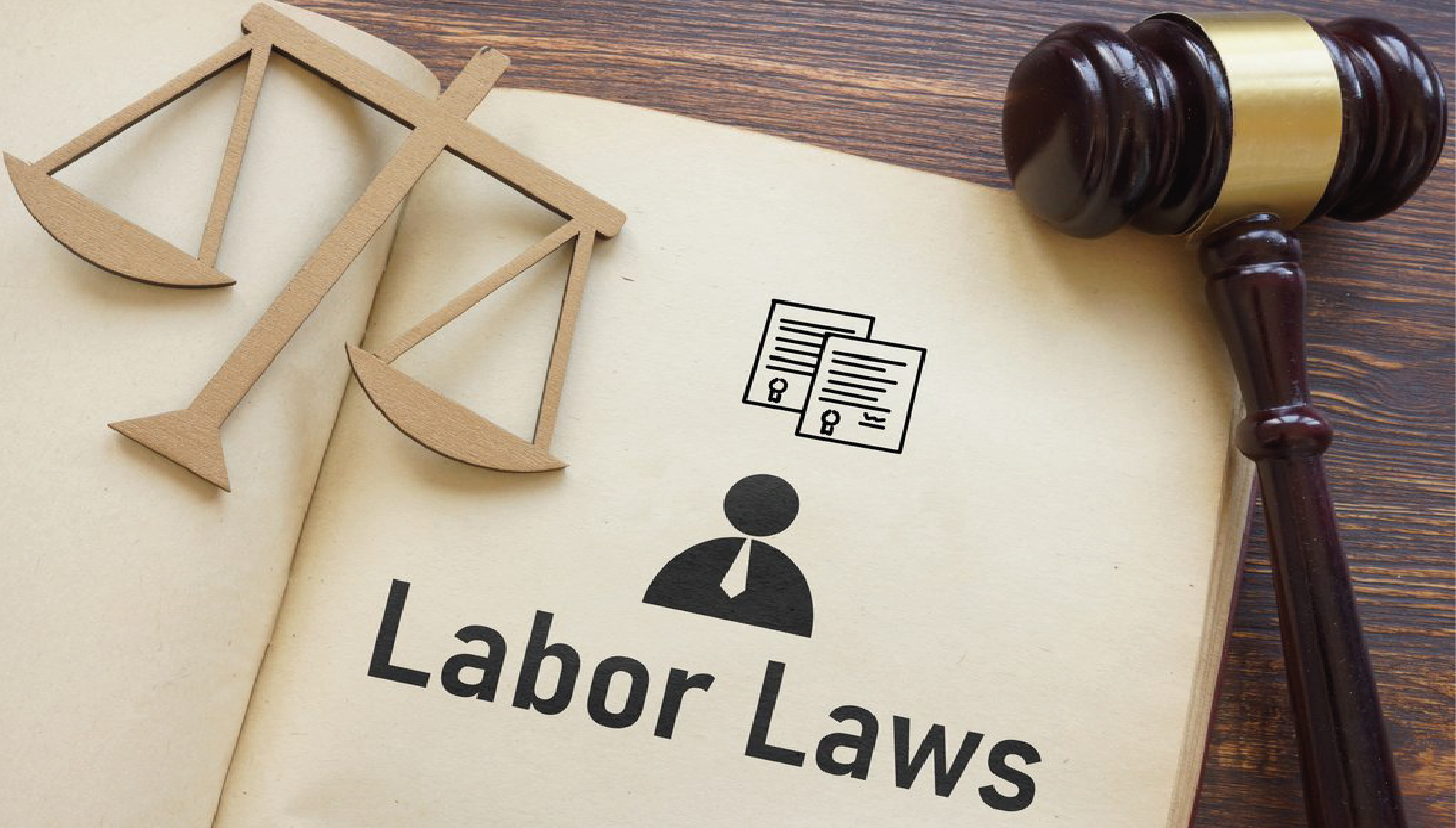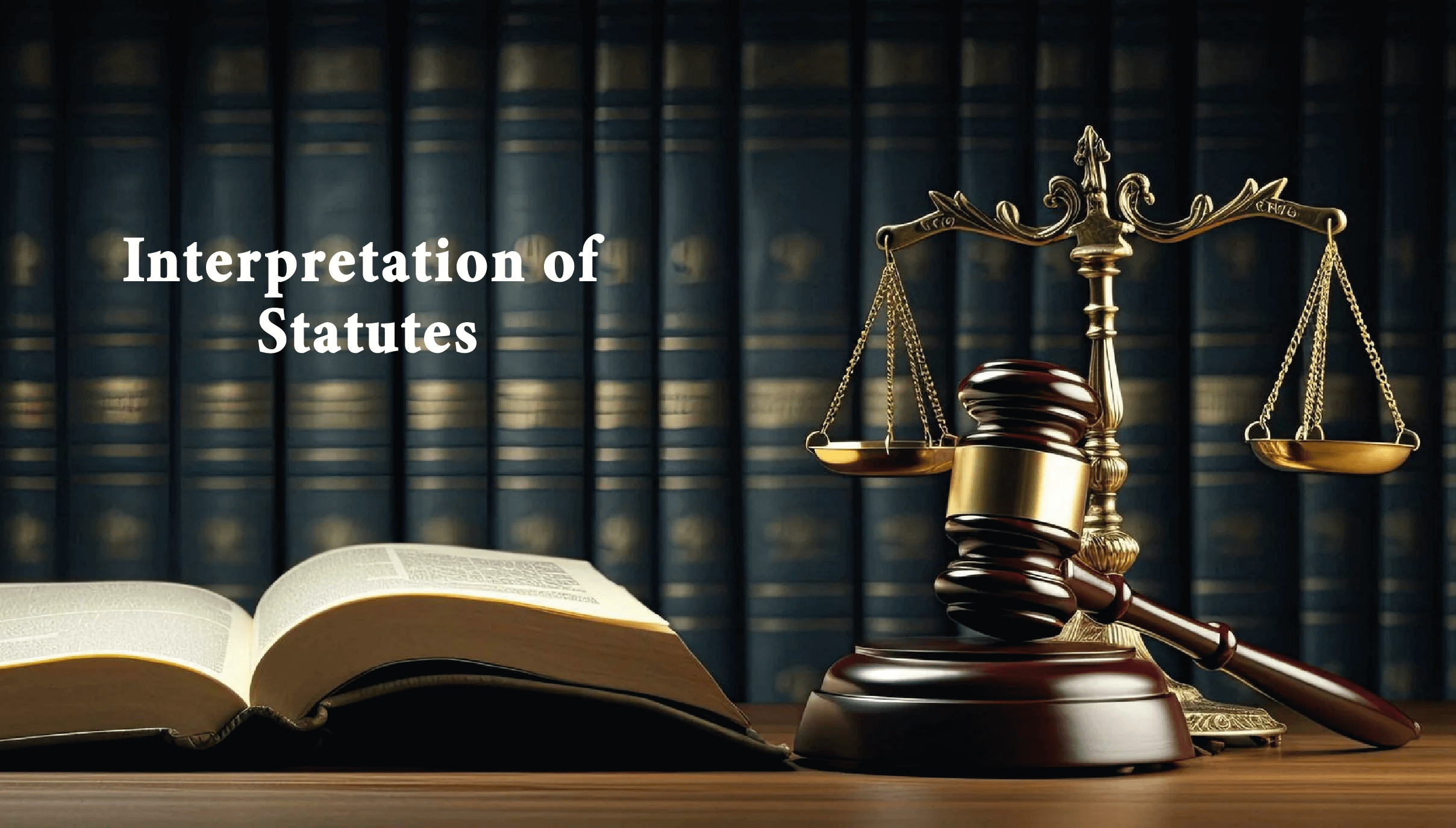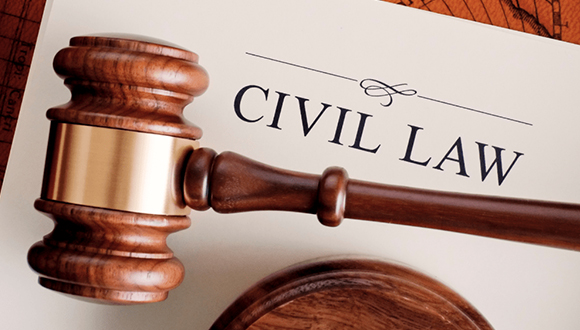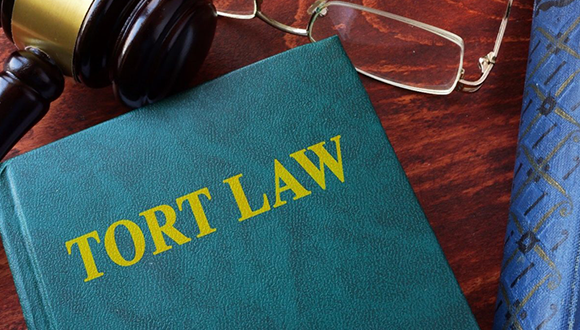POPULAR CASE BRIEFS
CASES ACCORDING TO DIFFERENT LAWS
Labour Law
Labour laws pertain to the employment laws in an organization. Labour laws address the various administrative rulings and procedures to be followed, compliance to be made and address the…
Interpretation of Statutes
Interpretation of statutes is the process by which courts determine the meaning of laws and apply them to specific cases for their correct understanding…
Environmental Law
Environmental Law can be seen as the body of law that regulates human interaction with the non-human world.
It covers air pollution, water pollution….
Law of Taxation
The law of Tax in a layman’s language is the power which a public authority has through which they can direct a taxpayer.
The Laws of Tax are unique to each nation and…
Alternative Dispute Resolution
Alternative Dispute Resolution are a series of dispute resolution methods that are considered “alternative” to conventional litigation.
What makes ADR so attractive is its advantage of totally….
Intellectual Property Rights
Intellectual Property Rights refer to the creations of the mind such as inventions; literary and artistic works; designs; and symbols, names and images used in commerce.
These rights are those which are associated with…
Evidence Law
The law of evidence is encompassed by the rules and legal principles that govern the proof of facts in a legal proceeding.
These rules aid in the determination…
Civil Procedure Code
The Code of Civil Procedure is a procedural law that regulates the administration of civil cases in India.
It is contained of sections in the first part…
Administrative Law
Administrative law is derived from the need to create and develop a system of public administration.
It is the part of law that governs the activities…
COMPANY LAW
A company is an entity formed by a group of individuals that has a separate legal existence from that of the members.
It is a legal fiction that is created by virtue of the Companies Act…
CRIMINAL PROCEDURE CODE
The Criminal Procedure Code is the procedural law that provides the detailed procedure for punishment of offenders under substantive criminal law, and thus enforces the Indian Penal Code, 1860.
The code encompasses all the particulars about the…
PROPERTY LAW
The word “property” has been derived from the Latin word proprietary, which means a thing owned. Property law is that area of law that governs and regulates the ownership of a certain property.
It consists of policies…
FAMILY LAW
Family Law is a body of law that regulates and governs relationships that include, marriages, the treatment of children, divorce, and related matters.
Family law shares an interest in certain social issues which involve…
CRIMINAL LAW
Criminal law can be defined as a body of rules and statutes that defines conduct prohibited by the government because it threatens and harms public safety and that establishes punishment to be imposed upon…
It is a legal fiction that is created by virtue of the Company Act…
CONTRACT LAW
A Contract as defined under the Indian Contract Act is “an agreement enforceable by law”. It is the body of law that deals with the making & implementation of agreements.
The basic elements that constitute a valid…
TORT LAW
A Tort is a Civil wrong done by one person which gives rise to an injury or harm to another person for which courts impose liability. It is a breach of duty independent of a contract.
The primary aim of Tort law is to provide…
CONSTITUTIONAL LAW
Constitutional Law is a body of law, rules, doctrines, and practices that govern the operations of political communities, most importantly the state.
Modern Constitutional law is an offspring of the idea that the…
















